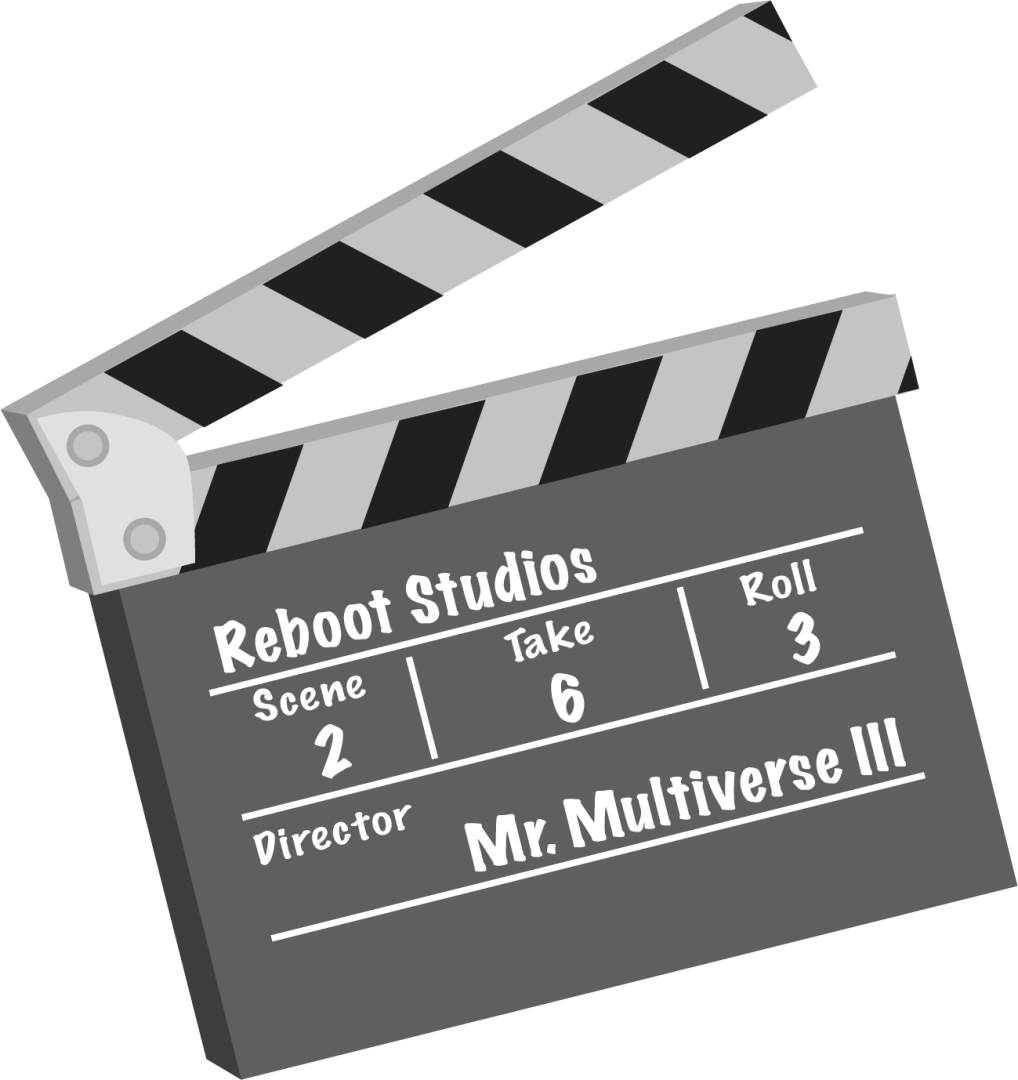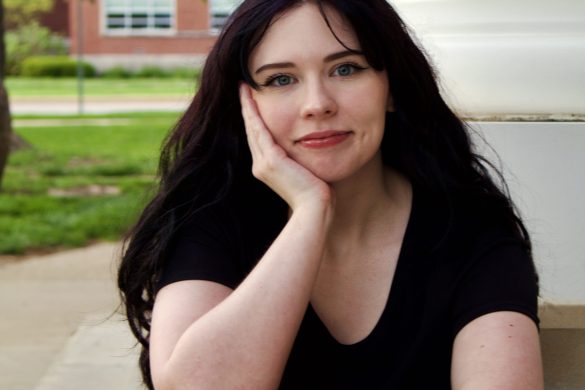Revivals, reboots, reimaginings, reinventions, reduce, reuse and recycle. This seems like the mantra for the entertainment industry as of late. Listen, I’m all for a sequel to a production now and again, but it just gets to be redundant after endless new releases. It seems that all of that is tossed out for another spinoff movie from something else that we’ve seen a thousand times over when there are fresh, great stories and plots that could be made for audiences
Most of the time the thing I don’t agree with is the “remake culture” that has seemingly taken over the landscape of film and TV. I believe the examples of the 1999 film “She’s All That” being remade to “He’s All That” in 2021 and “White Men Can’t Jump” (1992) being remade in 2023 are just two notable reimaginings within the last couple of years. I think studios not allowing for creative, original content to capitalize on nostalgia is what has diluted the entertainment industry in terms of quality as well. When plots are the same but just remixed with a different cast or updated music, does it really make the content worth watching—especially if the original is arguably better? And, of course, there are exceptions, but most of the problem is that as consumers we are given less original content and more of the same stories over and over.
According to the non-profit Canadian media organization The Walrus, reboots like “Dexter” and “Frasier” were originally met with enthusiastic reactions from the public, but that reaction might not last. For example, once people got back into their normal routines after rewatching shows and movies during the COVID-19 pandemic lockdown, popularity of the reboots during that time lessened, according to The Walrus. I agree with this idea because it really does bring to light how audiences reverted to what was comfortable during the pandemic, which often was rewatching shows and movies that were predictable. But now that a lot of people have moved on from lockdown, new content that is not a reboot or spinoff seems to be regarded with a “sigh of relief” from audiences, and the more reboots, the more eye rolls. Another time I can think of hearing about yet another reboot is when I heard about the reboot of “Gossip Girl.” For a minute I thought, “Sure I might watch it.” But after some more thought, I realized that actually, what was even the point? And my intuition was right because the “Gossip Girl” reboot only ran from 2021-23.
Like I said, I don’t mind a sequel, but when there is always another one coming out in a series, the story simply loses the plot and the meaning. The fifth Indiana Jones movie came out this year and Harrison Ford is still kicking as Indy. Ford is 81, and though the movie starred his counterpart in Phoebe Waller-Bridge, Ford was de-aged for some parts of the film. When I saw the movie in theaters back in June, I really wanted to like it, but it just fell short when I realized I was going to have to be looking at Indy’s computer-generated face from flashback scenes. The same, I feel, could be said for a lot of franchises in that they don’t know when their course has been run. There are currently seven “Mission Impossible” movies with an eighth on the way and 11 “Fast and Furious” movies, with both franchises having released a new installment this year. And of course, with beloved franchises comes calls for sequels and loose ends being tied up. However, there has to be a stopping point. I do enjoy a good deep dive into a cinematic universe but there are always duds and it doesn’t seem that the pros outway the cons in this instance. Stop running fan-favorite tales into the ground with the same old situations “spiced up” in future renditions—let them end naturally.
With the enfranchisement of a lot of films into cinematic universes or drawn-out movies’ long plotlines, it makes original movies feel just fine as standalones. Unless there is clearly a plan for a sequel lined up for audiences to anticipate. The majority of what makes for an annoying sequel is when the previous movie wrapped up all the loose ends and yet then there is another cliffhanger shoved in. It seems to take away from the fully completed product that satisfied audiences. We didn’t need “Frozen 2” in my opinion, because the first movie wrapped the plot up well enough, but any sliver of opportunity for more characters to be introduced or for say a queen with ice powers to run away to a magical forest to capitalize on fandom has to be taken I guess.
A good example of a standalone film for me is “Everything Everywhere All at Once.” The A24 film saw Michelle Yeoh as Evelyn Wang explore different versions of herself in different universes to fight an enemy that is looking to destroy the multiverse. This film seemingly left room for a sequel, but I think the movie is perfectly fine by itself. According to an article from the entertainment news site MovieWeb titled “Michelle Yeoh Explains Why Everything Everywhere All at Once Shouldn’t Have a Sequel,” Yeoh explained in an interview with Variety Magazine that they (the characters) would just be doing the same thing. This is a great way I think to discuss why enfranchisement is dangerous for the quality and message of a story. Seeing a movie like “Everything Everywhere All at Once” shows the worth in original content and how it pays off too. I remember watching the Academy Awards live this last spring and seeing the movie sweep seven categories, which just proves the audience and industry reaction to content that is new and creative.
Overall, the entertainment industry’s campaign to create remakes and sequels is what is causing the lack of faith in quality content many of us audience members have. As an avid consumer of film and TV, just like a lot of people, I see the worth in the continuation of a story through additional content. However, at this point in time, what we need is innovative storytelling that will “push the envelope.” Playing it safe and repeating the same plot over and over will not allow for a sustainable content consuming experience. Releasing and creating content only for capitalizing on more views just adds to the agenda of corporate greed. With streaming service prices these days we don’t need redundancy, we need creativity.









